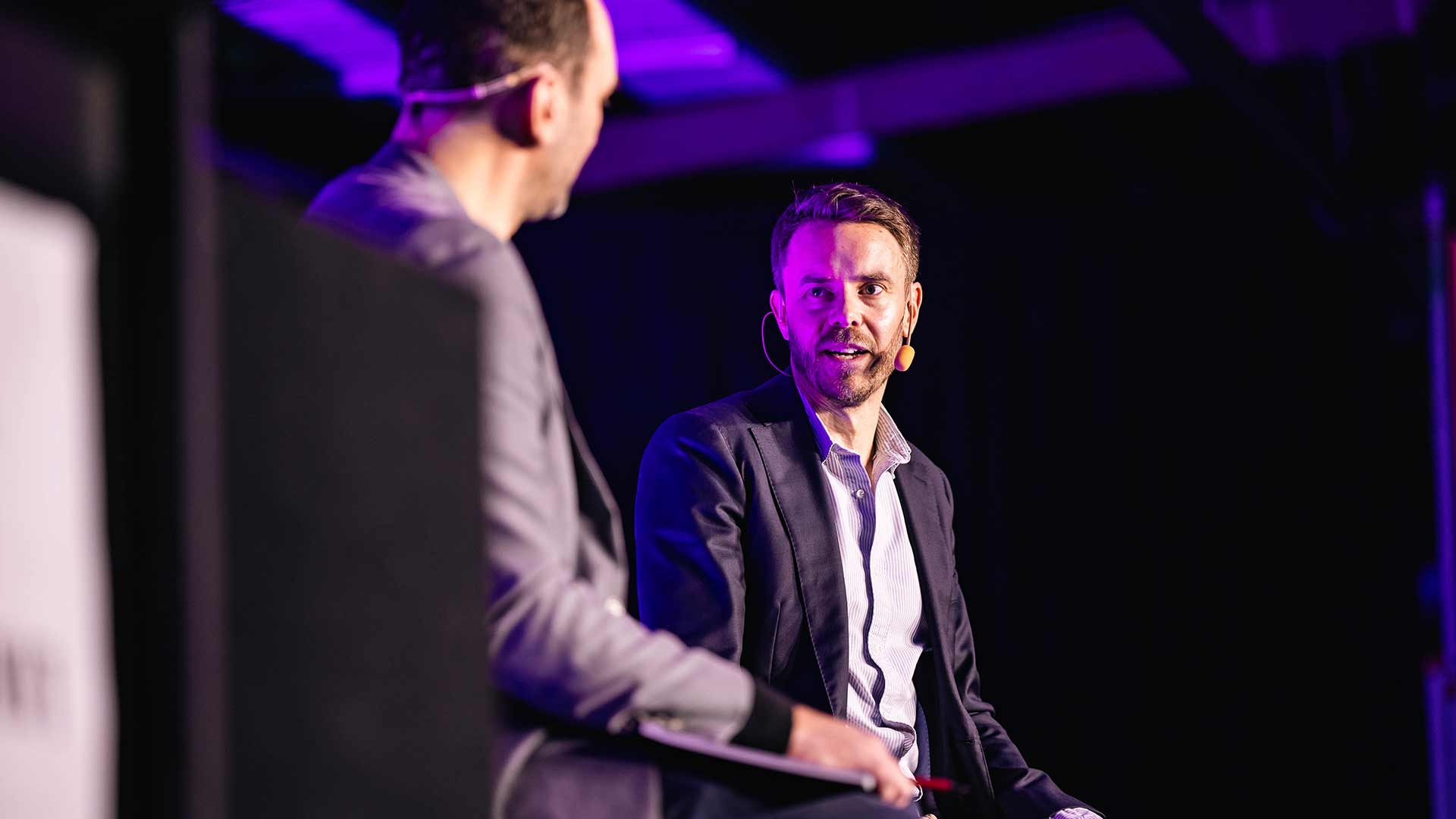Navigating the Legal Labyrinth of AI
The legal uncertainties surrounding artificial intelligence are vast and complex, so to help work through this we brought in Hudson Gavin Martin partner, Andrew Dentice to help us get a handle on the evolving legal landscape of AI.
“We’re a tech law firm first and foremost,” Dentice began, highlighting the subtle yet profound integration of AI into various business transactions. He pointed out that AI’s role is often intricate, particularly in areas such as data privacy, intellectual property, and vendor risk management. “When we think about AI, we’re thinking about data privacy risk, we’re thinking about IP, and also…that risk with your vendors,” Dentice explained.
Emphasising the importance of due diligence, Dentice warned that companies must ask critical questions about their vendors’ use of AI, the origins of their technology, and potential legal risks. “Is this vendor using AI? How are they using it? And then who’s in the background actually providing that?”
Dentice also addressed the ongoing legal battles over large language models, such as those developed by OpenAI. He painted a picture of a potential where AI tools are accused of “stealing information on an industrial scale.” While these claims are still unproven, they highlight the profound uncertainties and legal challenges AI presents. “If you want a sort of dystopian, glass-half-empty view of AI, you should read some of the statements of claim against OpenAI,” Dentice suggested.
This led to a discussion on the regulatory landscape. Dentice contrasted the European Union’s proactive stance on AI regulation with New Zealand’s more hands-off approach. “Europe always leads the way on this stuff…they already have an AI Act that’s in force,” he said, noting that New Zealand’s current strategy involves applying existing regulatory frameworks to AI rather than creating new ones from scratch.
As a tech lawyer, Dentice offered a pragmatic view of AI’s impact on the legal profession. He acknowledged the existential threat AI poses to certain legal jobs but remained optimistic about its potential to enhance legal work. “If you don’t want to be replaced by robots, don’t do what robots do,” he advised, highlighting the importance of strategic thinking and human judgement in legal practice. Dentice revealed that his firm is experimenting with AI tools to automate mundane tasks, thereby freeing up lawyers to focus on more complex, strategic work.
Delving deeper into the practical aspects, Dentice discussed the significance of vendor due diligence, understanding contracts, and the implications for data privacy and intellectual property. He noted that organisations must ensure their data’s security and be aware of how AI tools are used. “Do we need policies and processes within our organisation to help our people use it responsibly?” he posed, stressing the importance of internal governance to manage AI effectively.
In closing, Dentice urged business leaders to focus on practical risks and opportunities rather than getting lost in the existential debates about AI. “It’s data privacy, data security, vendor management, and people…How do we bring them on the journey so that they’re using the tools in the best way?” he emphasised, reminding the audience that the true value of AI lies in enhancing productivity and improving the working lives of people in businesses.


